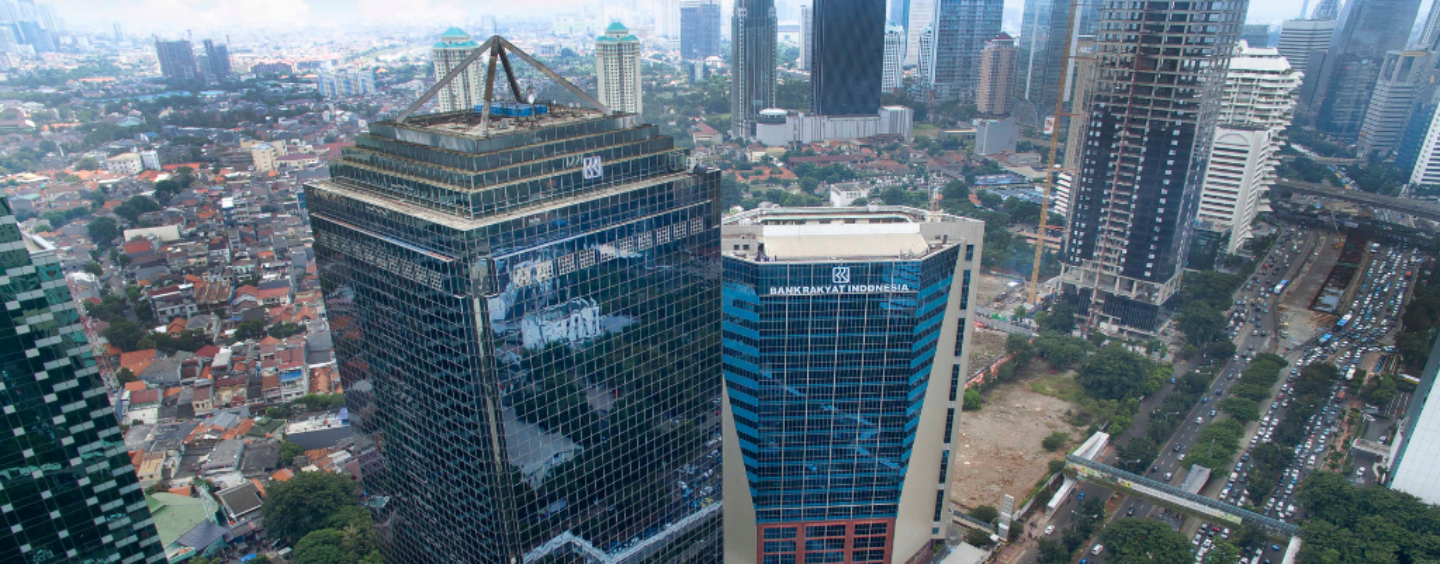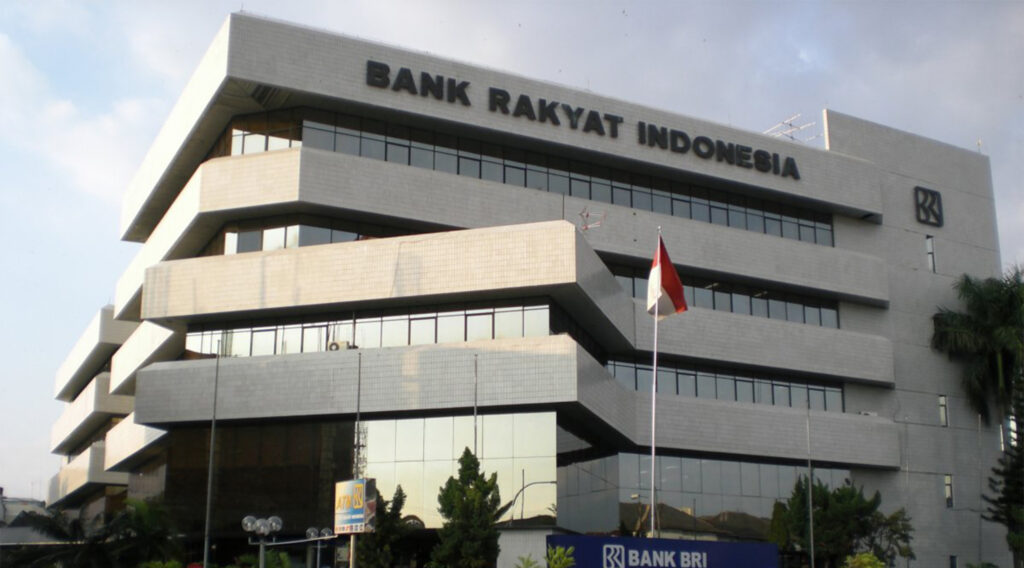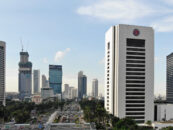
Building Indonesia’s Economic Foundation Through Digitising MSMEs
by Fintech News Singapore January 19, 2022Indonesia has more than 65 million Micro, Small, and Medium Enterprises (MSMEs). This huge number of enterprises has made the MSME sector one of the most important pillars of the Indonesian economy.
13.7 million of those MSMEs have utilised digital technologies in their business activities. Local authorities have worked together with large-scale industries to launch various programs encouraging MSMEs to embrace digitisation. The objective is to increase the digital growth among Indonesian MSMEs and establish a cashless society.
The pandemic has restricted social activities and made digital transformation crucial to daily business operations. With this, the role of the marketplace and e-commerce has suddenly become vital to MSMEs.
BRI continues to drive digital literacy among MSMEs

Bank Rakyat Indonesia
Bank Rakyat Indonesia (BRI)’s focus on the MSME sector has a critical role in transforming its offline business into digital. BRI continues to put efforts into driving digital literacy and developing MSME digital community.
BRI’s President Director Surnaso told Fintech News Singapore that to support the growth of the MSME segment in Indonesia the bank is focusing on their large existing base of MSMEs and also expanding their services to focus on an even smaller segment — the ultra micro entrepreneurs.
BRI’s holistic ecosystem for MSMEs
The bank said that it has invested significantly to develop a holistic ecosystem for MSMEs which includes a “market ecosystem”, “village ecosystem, and “digital ecosystem”.
Through the market ecosystem, BRI helps traditional farmer’s markets to digitise their business. This is done through BRI’s digital marketplace pasar.id which currently has over 4,500 merchants.
Within the market ecosystem, BRI will help traditional market operators adopt online shopping through Whatsapp, websites, mobile apps, and even collaboration with digital start-ups.
This ecosystem is intended as a marketing channel for harvested crops in the village and to provide them direct access to end consumers.
On the digital ecosystems front, they are collaborating with a number of large e-commerce and ride-hailing companies, including the likes of Tokopedia, Grab, Bukalapak, Shopee and Gojek to offer their merchants BRI’s financing product, Kredit Usaha Rakyat.
Meanwhile, through the village ecosystem, BRI has empowered the village economy by promoting cluster development based on the village’s unique products and Badan Usaha Milik Desa (BUMDes) or Village Owned Enterprises.
The combination of these three ecosystems is expected to build a strong foundation for BRI’s business ecosystem for its sustainable growth.
To increase digital transactions among MSMEs, BRI is also actively promoting the use of BRImo, BRI mobile banking, and QRIS (Quick Response Code Indonesian Standard) payment.
Customers and merchants, especially MSMEs, are fully encouraged to utilize BRImo and QRIS for their transactions. There are many benefits of using QRIS, for example, through QRIS, MSMEs can establish their own business loan profiles, transactions record and cashless payment.
In addition, cashless payment has become a trend and preference among consumers. So, if MSMEs want to attract and grab more customers, they must embrace this latest digital technology.
Featured image credit: CorsecBRI, CC BY-SA 4.0, via Wikimedia Commons







